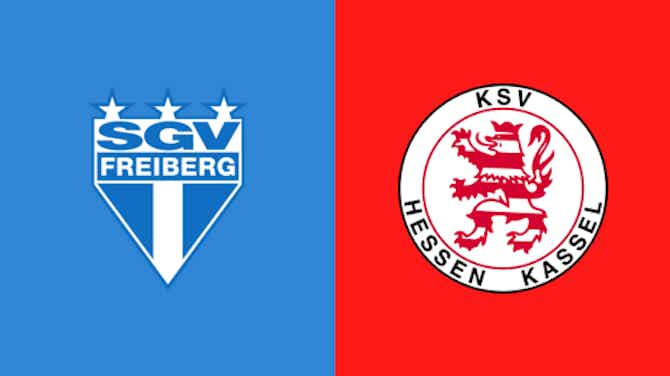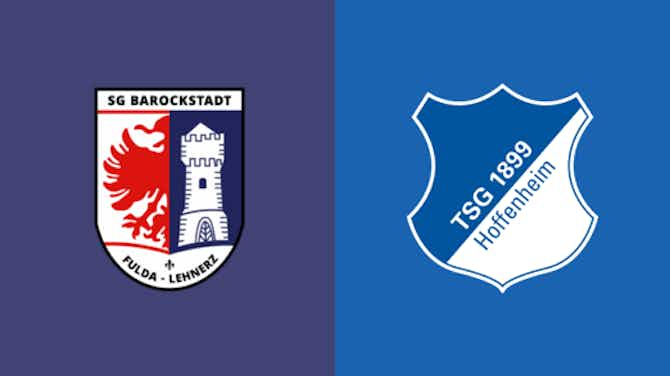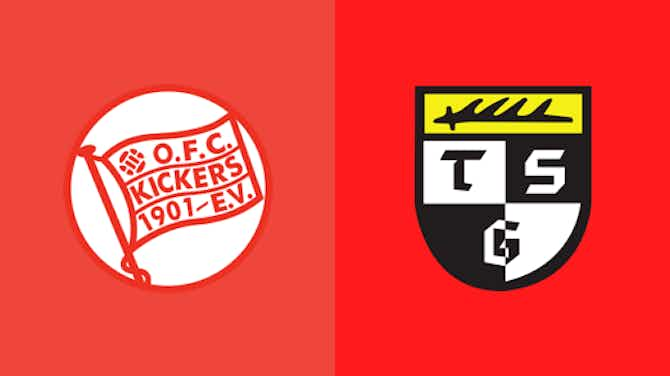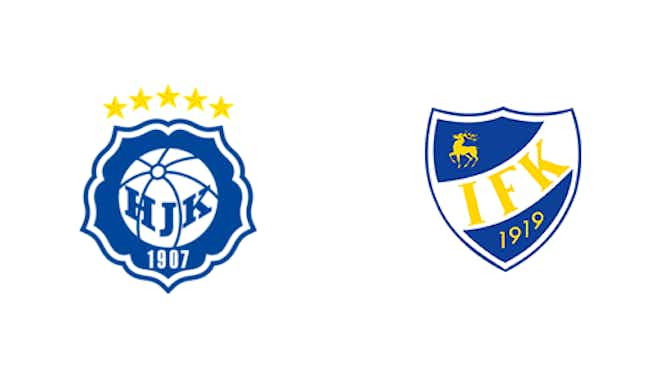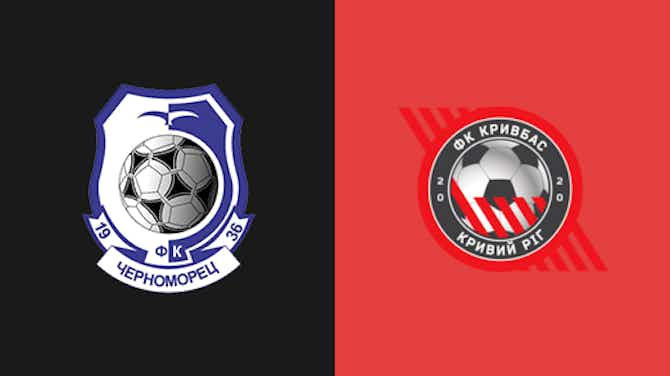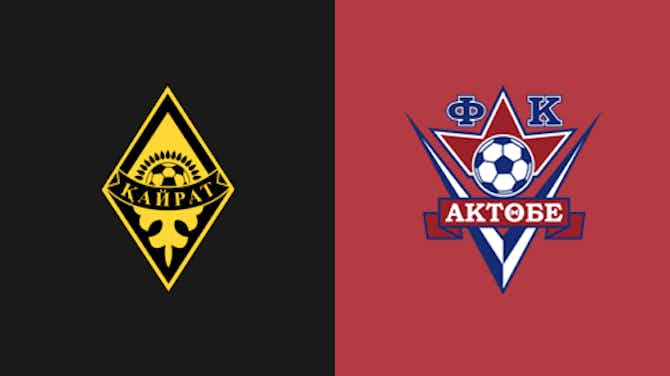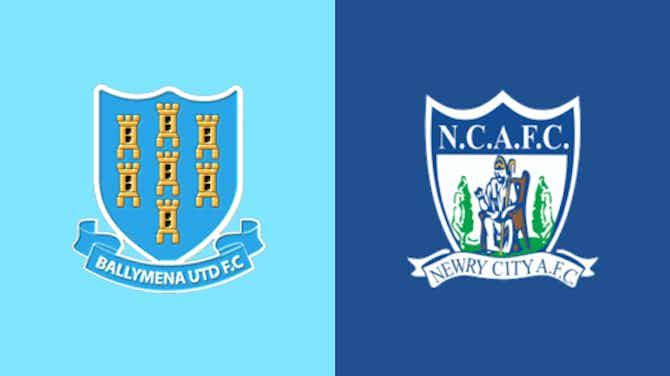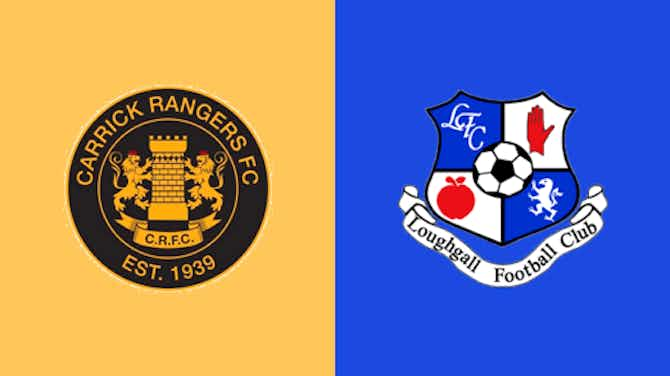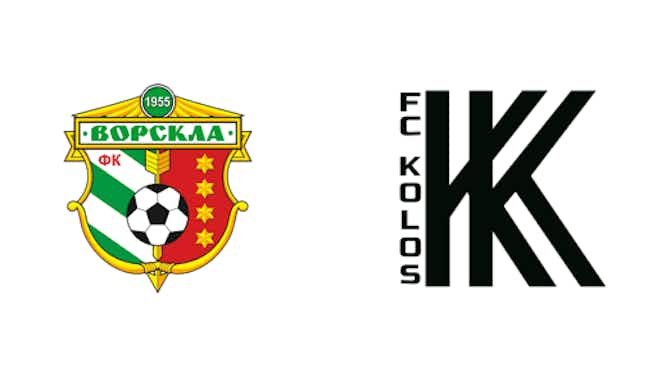SempreInter.Com
·25 May 2022
Inter CEO Beppe Marotta: “Serie A Transitional League For Top Players, Goal Next Season To Secure Champions League Football”

SempreInter.Com
·25 May 2022

Inter CEO Beppe Marotta believes that right now Serie A is not a league that can attract the top level of players in European football.
Speaking at the 130th anniversary event for the Il Mattino newspaper in Naples, as reported by FCInterNews, Marotta gave his thoughts on why the Italian top flight has declined financially, and also stated that the Nerazzurri’s goal for the upcoming season is to secure Champions League football once again.
The Nerazzurri executive was frank in his assessment of why Serie A’s pulling power for elite players is not what it was in the 1990s and early 2000s, and he hinted at the kind of reforms that he believes must come before things change.
Marotta used the example of Inter’s own summer of upheaval last summer transfer window to illustrate the current state of affairs, and also stated that the club’s ambition is still to ensure that they finish in the top four of Serie A but also that they must be realistic.
“Having 45 years of experience in the world of football, it’s worth noting that we were the Eldorado of football in 2000, in terms of product quality and player signings,” he said.
“Many world-class players came and ended their careers here, like Diego Maradona,” he continued. “Today our league is a transitional one, where players arrive and then leave.”
“The examples I can give from last year are Achraf Hakimi and Romelu Lukaku, players who came from big teams but who in the end season they asked to leave,” the CEO continued.
“In 2000 we were the top in terms of quality and turnover,” he reflected, “then suddenly we lost our position. We have to ask ourselves why – my analysis is that we weren’t ready to change, that is, we didn’t understand that we had to move from a model of patronage, as was common in Italy up to the 2000s.”
He explained that at that time “Great entrepreneurs, partly out of obligation towards citizens, ran clubs, such as Silvio Berlusconi and Massimo Moratti in Milan, or Giovanni Borghi in Varese where I’m from, but also in other Italian cities.”
“At the end of the season, the patron would call the ‘accountant’ who managed the accounts,” Marotta continued, “and then he would write a check and cover the losses.”
“In England, on the other hand, they started to exploit the resources that they had,” he went on, “they understood that football was moving towards a change dictated by improvements in the product.”
The CEO gave the view that “After twenty years, the development of these resources raises their value by one to four, so we’ve lost competitive value.”
“Today a football club is an entertainment company, a media company,” Marotta argued. “We missed this change due to the lack of foresight on the parts the Presidents and directors, and a gap started to appear.”
“Surely football must be understood understood as a social phenomenon,” he argued, “and I’m also including results on the pitch, in other words the quality of the product – if you don’t win, it’s not just for lack of money but also because of a product that isn’t competitive.”
He reflected that “Italy is one of the few countries where sport is not understood in social terms – a Ministry of Sport is missing, sport doesn’t exist in schools.”
“Hence the fact that football isn’t properly followed and that talent disperses because no one’s identifying it,” he suggested. “There’s a lack of innovation and training, there are no longer the early years coaches that there were in the past.”
“Being joint-stock companies, we respond to two systems, the sporting one and the business one, having to produce a balance sheet,” the CEO analyzed.
He went on that “Sustainability is fundamental, but as a popular club, if we asked ten fans what they would prefer between the club winning Scudetto while risking default, and a financially perfect club that comes fifth, eleven would say the first option.”
“But beyond that, the director must take a balanced approach,” he continued. “Sustainability is an obligation, because we also have to comply with the provisions of the football system such as UEFA licenses and national licenses.”
“Then, it’s necessary to understand that costs must be contained,” Marotta went on, “the cost of labour in football today is close to 60-70% of turnover, a manufacturing company would find bankruptcy just around the corner.”
The executive argued that “We must reduce costs before exploiting resources, then we have to look at competitiveness, and this, also in European terms, can give long and prosperous life to the big clubs within Serie A.”
Turning to the Nerazzurri’s situation, Marotta said that “The core business is the game of football, I mainly deal with this. My work continues with a project started a few years ago , which must keep going in search of sustainability.”
“We also can’t froget that we aim to be in the top four in Serie A that reach the Champions League,” he added, “because from there come tens of millions of euros which can be used to further run the club.”


















